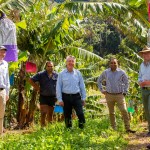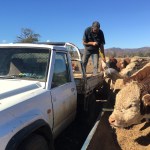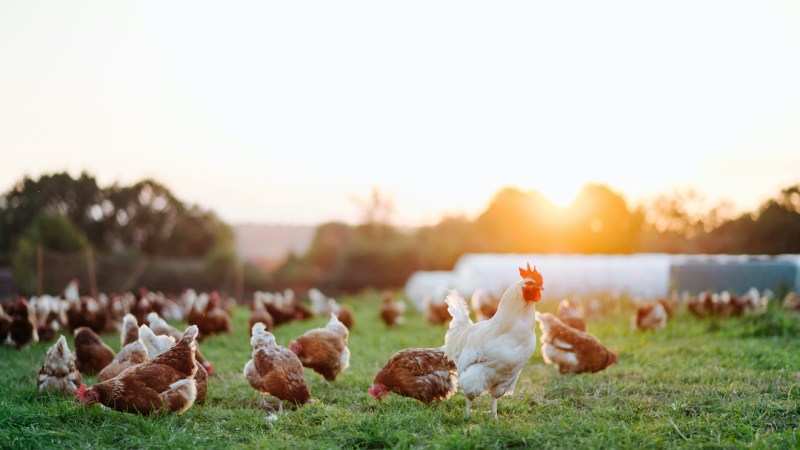NSW Farmers is inviting all farmers hit by the 2019/2020 bushfires to fill in a…
Red tape slashed for agritourism
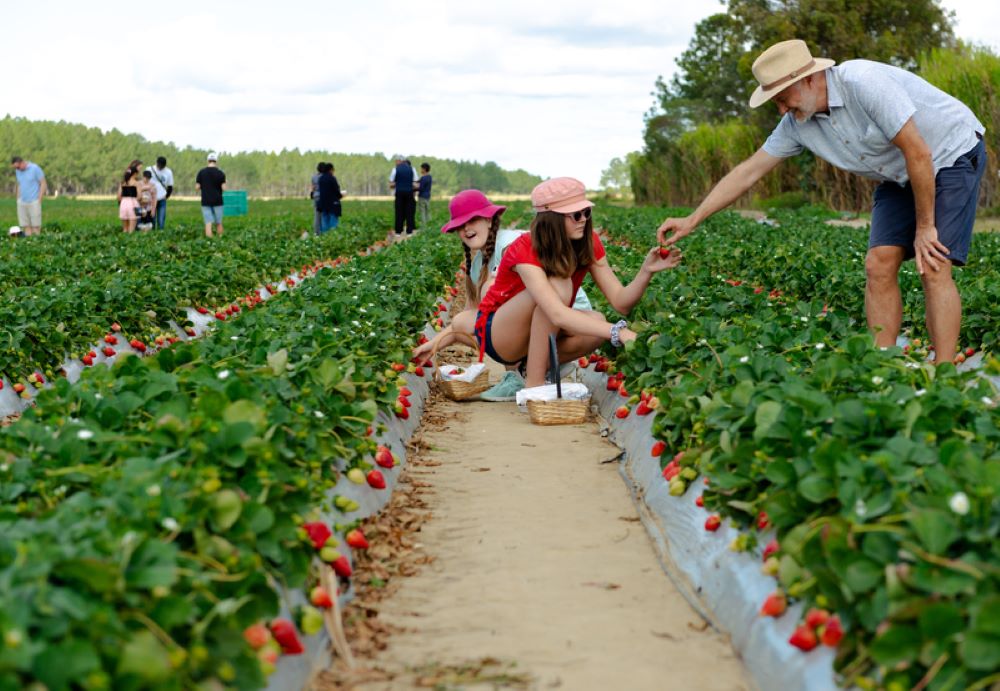
Setting up a roadside stall to sell your fresh fruit and veggies will be easier thanks to agritourism planning reforms from the NSW Government.
Landowners will also be able to run activities such as farm stays, camping, pick-your-own initiatives, cellar doors, restaurants or cafes and events under simplified planning rules from December 1, 2022.
They will also be able to rebuild farm buildings destroyed by natural disasters without planning approval to help future-proof their farms.
The changes to agritourism rules have been welcomed following a ‘constructive’ consultation process where NSW Farmers directly engaged with the state government.
When the NSW Government announced it was making changes to planning rules around agritourism, some farmers were apprehensive about what it might mean for their businesses.
But thanks to the work of NSW Farmers, those concerns were taken to the government and changes were made to achieve better outcomes and realise the goal of encouraging the growth of emerging agritourism activities on farms.
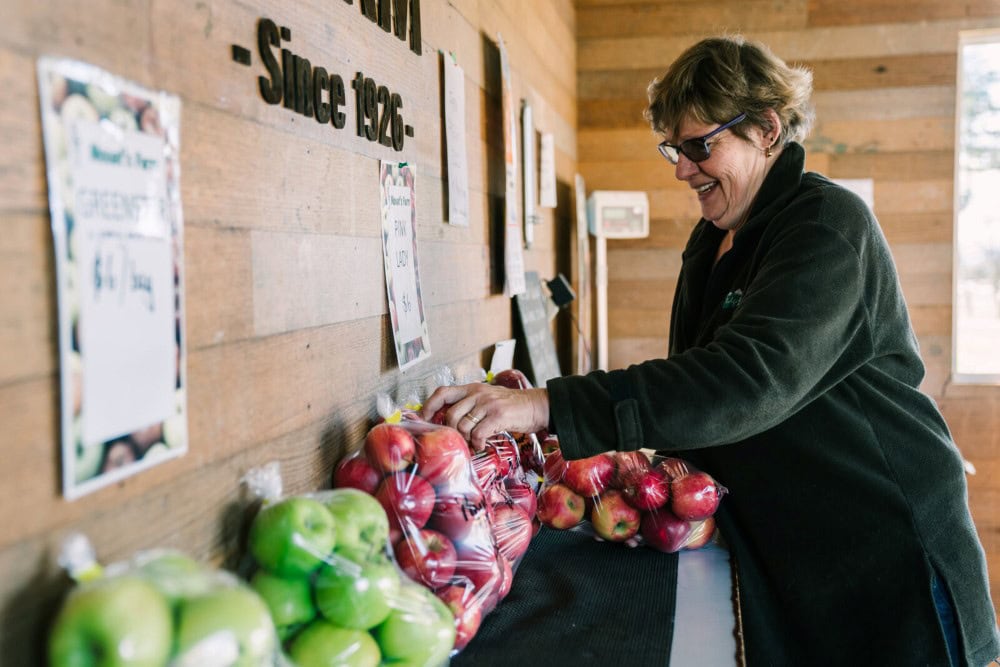
NSW Farmers Conservation & Resource Management Committee Chair, Louise Burge, welcomed the move to enable farmers to establish small-scale agritourism activities without the need for a development application process.
“This is more red tape that has been cut, and makes it easier for farmers to start an agritourism operation,” Mrs Burge said.
“We’ve been able to work constructively with the Department of Planning and Environment and Minister Roberts’ office, and Agriculture Minister Saunders’ office, to raise our concerns about the proposed changes, including caps on visitors per day and days per year for pick your own operations, and make some sensible changes to support more realistic number caps.”
Mrs Burge said giving tourists a ‘farm gate experience’ such as an outdoor long lunch with live music is a great way to bridge the city-country divide and bring people closer to the source of their food.
Mrs Burge said the changes mean farmers who wanted to set up a simple complying operation such as a roadside stall can do so without additional permission or approvals from their local council, while larger operations can still be progressed through a development application pathway.
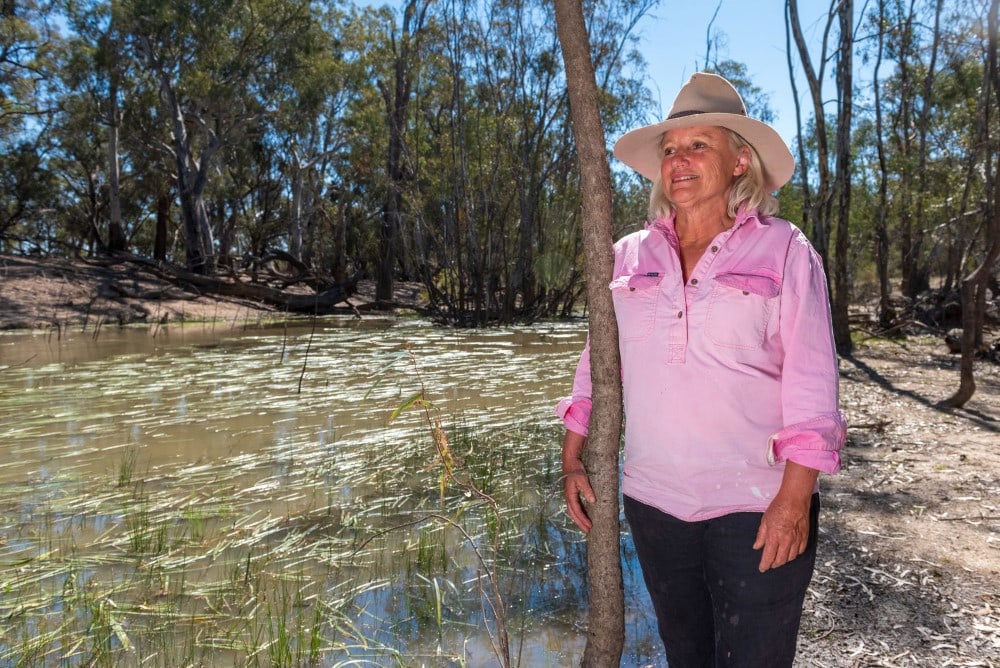
“As well as providing easier opportunities to establish small-scale agritourism activities, these changes help to protect and retain agricultural land by keeping primary production as the main business for the property
“These changes are a positive opportunity to make it easier for farmers to diversify without the need to go through a costly, time-consuming development application process, and we thank the government for working with us,”
NSW Farmers Conservation & Resource Management Committee chair, Louise Burge
What are the agritourism changes?
The agritourism policy introduces new land use definitions for on-farm activities that can be undertaken as exempt and complying development if they meet specified development standards.
This means landowners will have the opportunity to set up agritourism businesses without the complexity and cost of lodging a development application.
There will be two different approval pathways, depending on the type of agritourism development you want to do.
An Exempt development is a minor and low-impact development that can be carried out without the need for planning or building approval if it meets specified development standards. They are permitted in RU1, RU2, RU4 zones and in other zones where agriculture, extensive agriculture, intensive livestock agriculture and intensive plant agriculture are permitted under the Local Environment Plan (LEP).
A Complying Development is a fast-tracked approval process for straight-forward development where planning and building standards can be signed-off by the council or a registered certifier. They are permitted in RU1, RU2, RU4 zones where agritourism is permitted under the LEP.
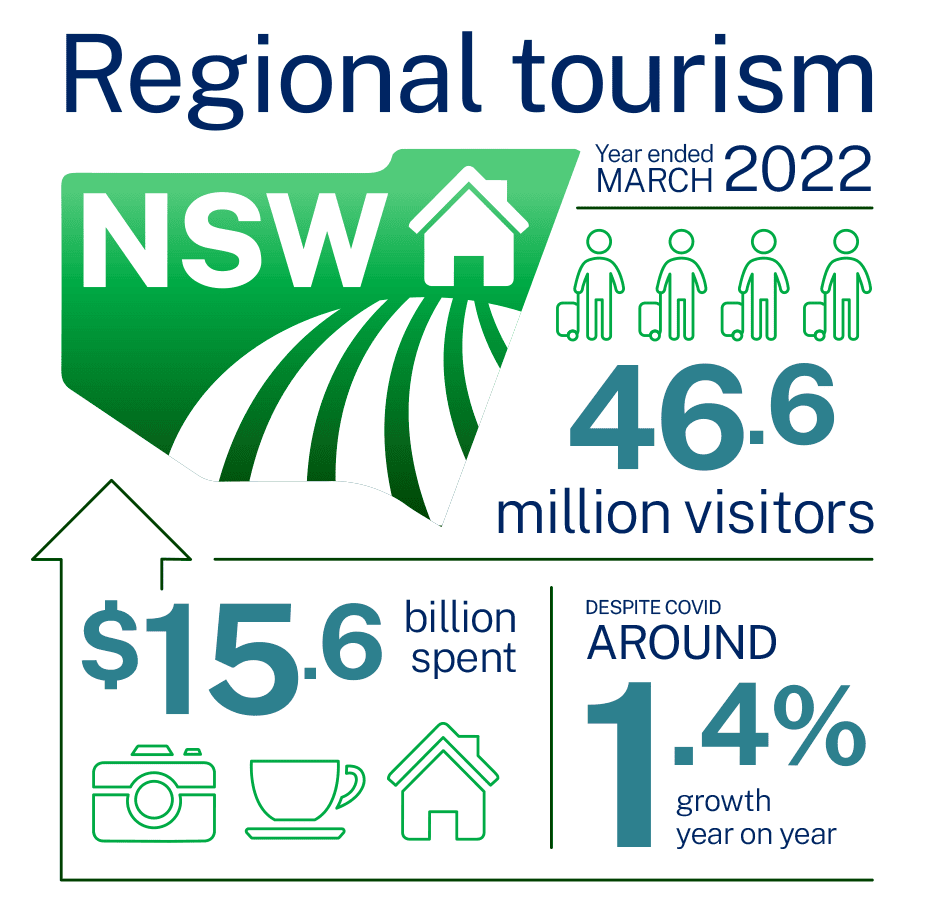
growth year on year, despite COVID.
Farm gate stalls and ‘pick-your-own’ initiatives
For farm gate premises, ‘pick-your-own’ operations and roadside stalls, no approvals will be required for a maximum of 100 guests at any time, or if they want to sell produce using their land or an existing building up to 200 square-metre gross floor area.
If the farmer would like to build a new café on their farm, this could be done through complying development which would fast-track approval by a registered certifier or council rather than needing to go through a development application process.
One roadside stall with a maximum 9m2 footprint is permitted per farm. It must be located on the property and cannot be located on land adjacent to a freeway, tollway or highway.
Farm experience premises
Under the new policy, no approvals will be required for a maximum of 50 guests at any one time for 52 days a year (excluding school visits, farm tours and horse riding tours).
There are some caveats – a maximum of four events a year after 6pm if there is amplified noise, and setbacks to neighbouring dwellings.
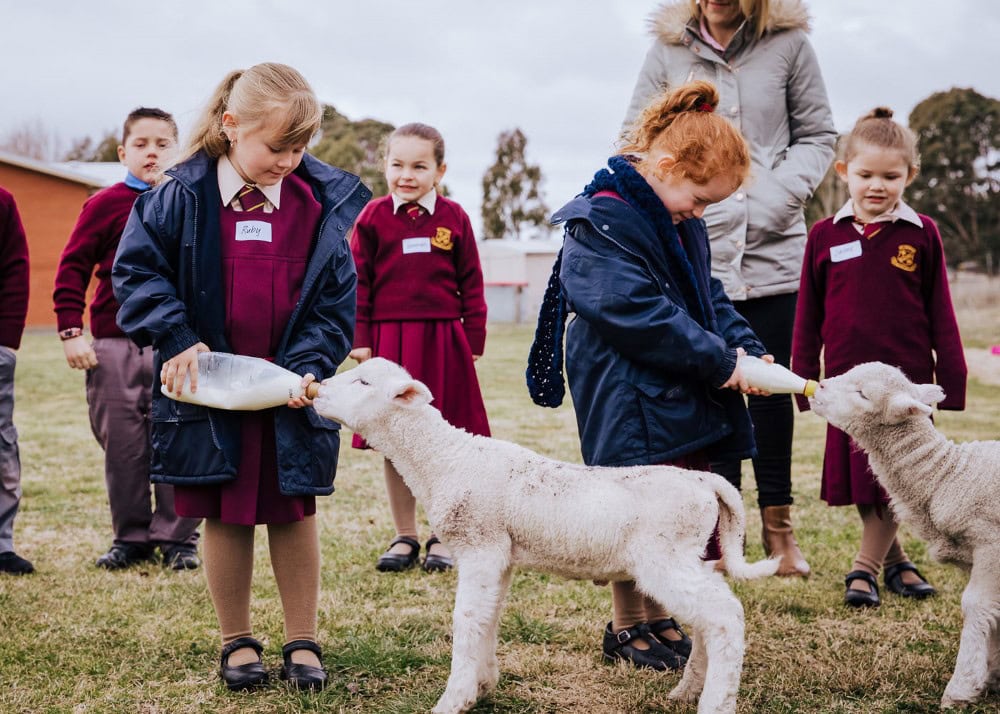
Farm stay accommodation
Farm stay camping will not need approval for up to 20 guests to stay up to 21 consecutive days in a tent/caravan/campervan if certain requirements are met. This includes a minimum landholding of 15 hectares.
Up to six buildings can be used for accommodation with a maximum of two guests over 12 years old per bedroom staying a maximum of 21 consecutive days. This could enable landholders to repurpose existing vacant houses on their property for farm stays without the need for approval.
As is the case now, and the impact of the changes will be a little different in each local government area as each council has their own rules about agritourism activities – with some supportive and clear around what can take place, others less supportive of agritourism activities, and many somewhere in between with a lot of grey areas and lack of clarity about what can take place.
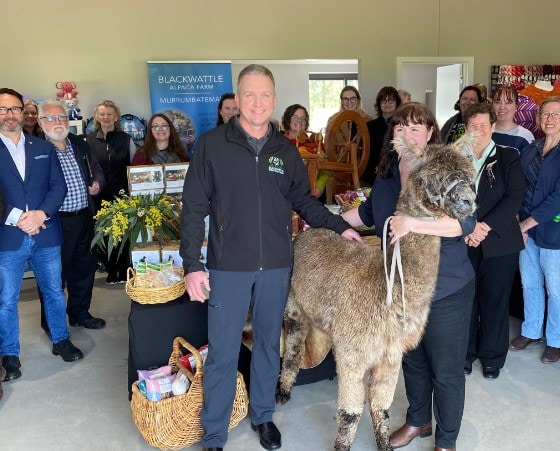
Small-scale pig and poultry farms
The planning changes include increasing the distance between poultry and pig farms that can be set up without a planning approval to protect the industry from biosecurity threats.
Under the new changes, poultry farms with less than 1,000 birds can be developed without consent, as long as they are not within 1km of another poultry farm (instead of 500m). Poultry farms used for the breeding of poultry must also be 5km away from other poultry farms, and vice versa. Pig farms with less than 20 breeding sows or less than 200 pigs can now be developed without consent only if they are not within 3km of another pig farm to be developed without consent.
These changes have come about due to concerns from stakeholders that the distance required between farms is too small and does not meet best-practice standards for biosecurity. Farms that are proposed to be located closer than these distances must seek approval by lodging a development application with their council.
Find out more at planning.nsw.gov.au/agritourism or for the full requirements for exempt and complying development, please refer to the State Environmental Planning Policy (Exempt and Complying Development Codes) Amendment (Agritourism) 2022.
If you enjoyed reading this, check out how four apple growers who are meeting challenges in the apple industry through value-adding, new varieties and agritourism.



